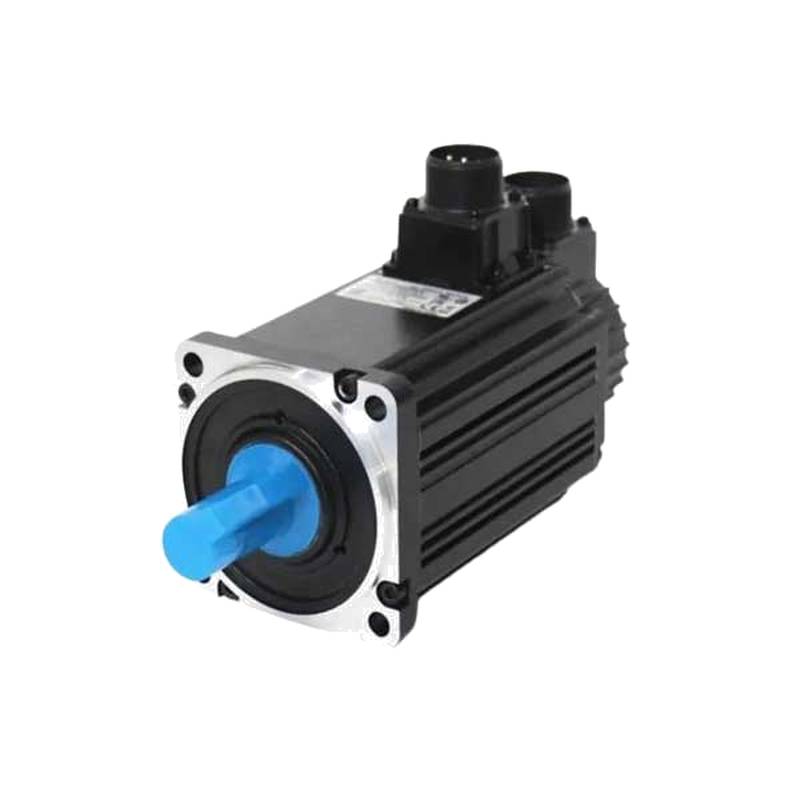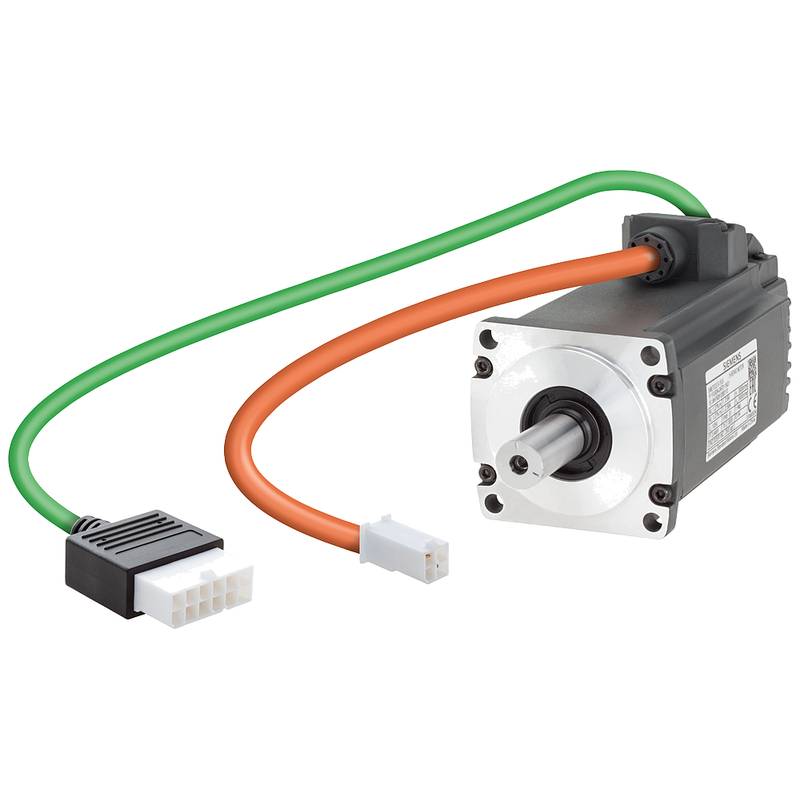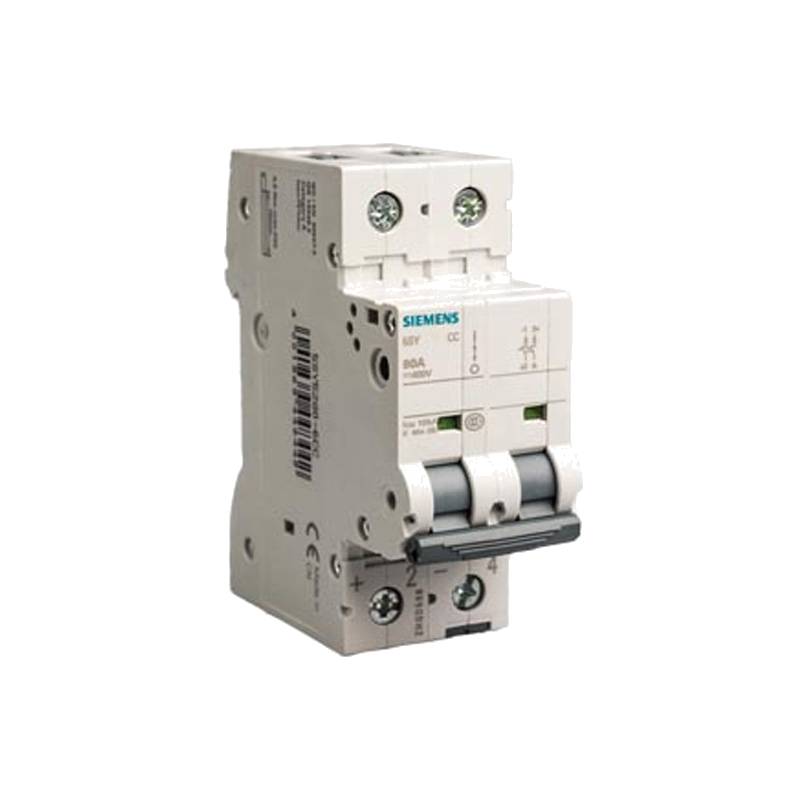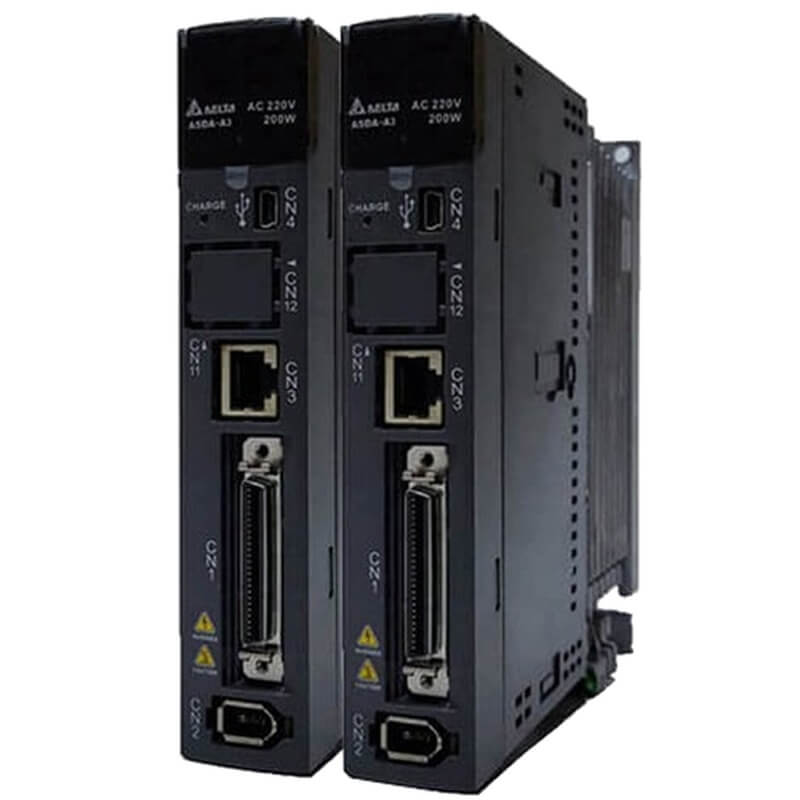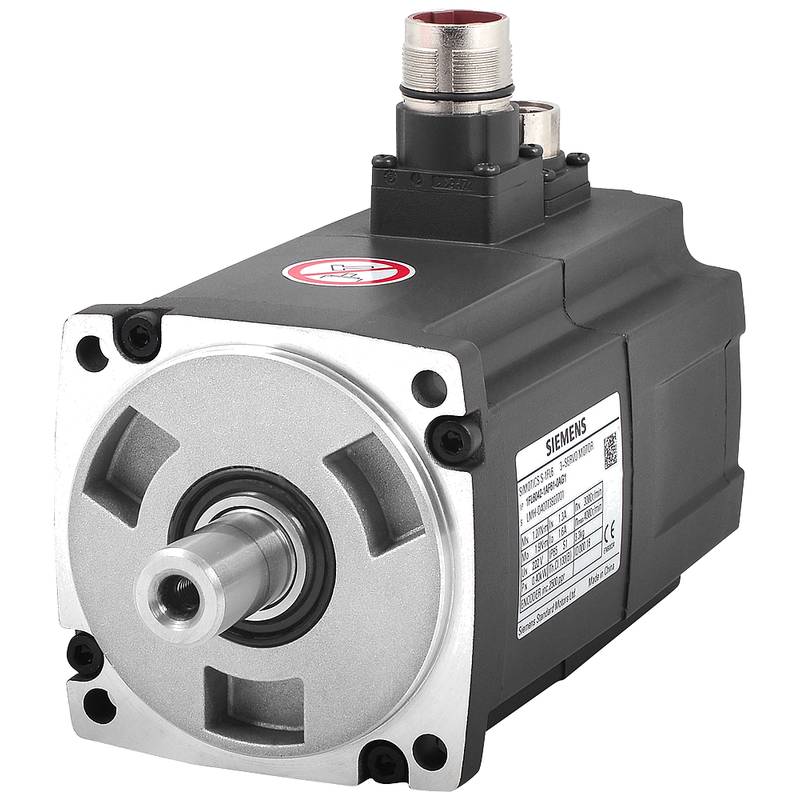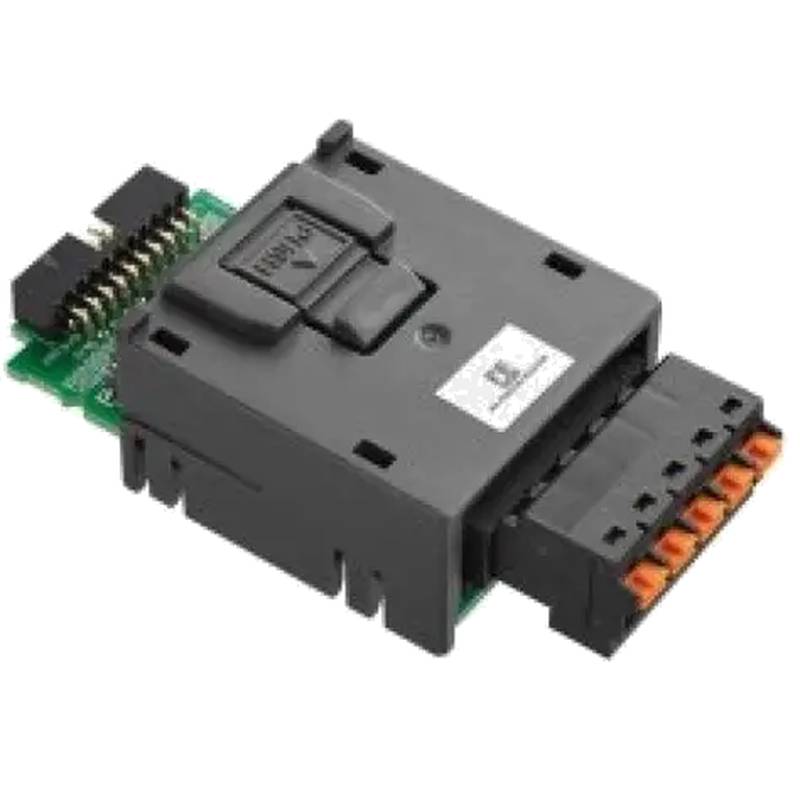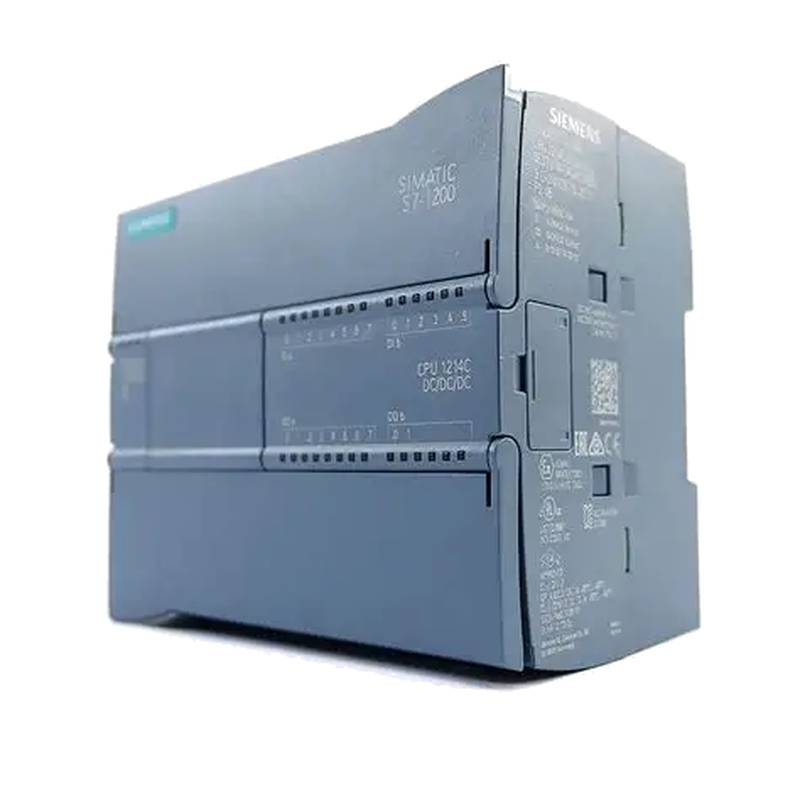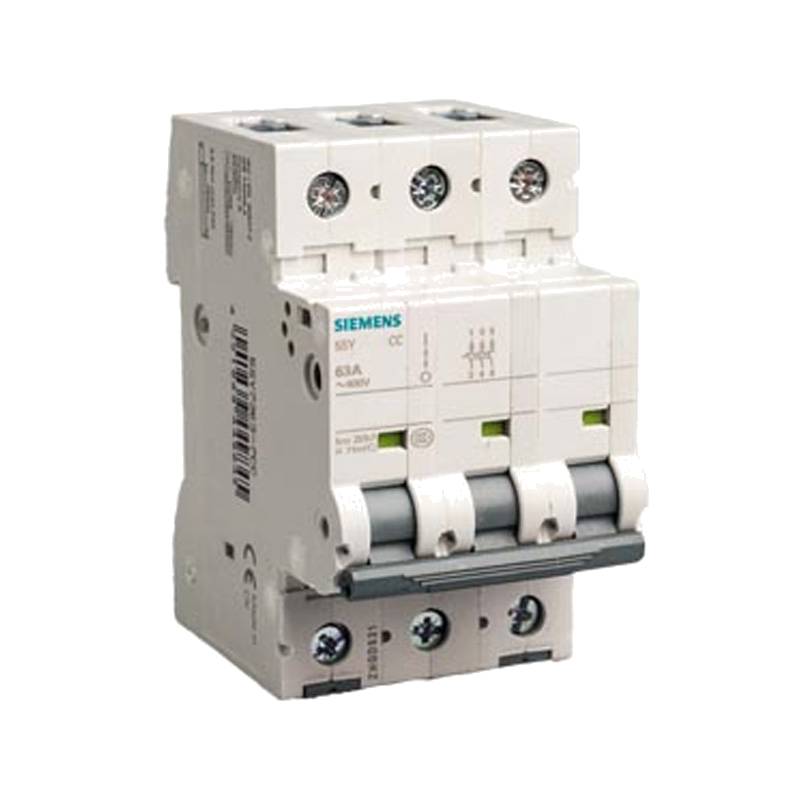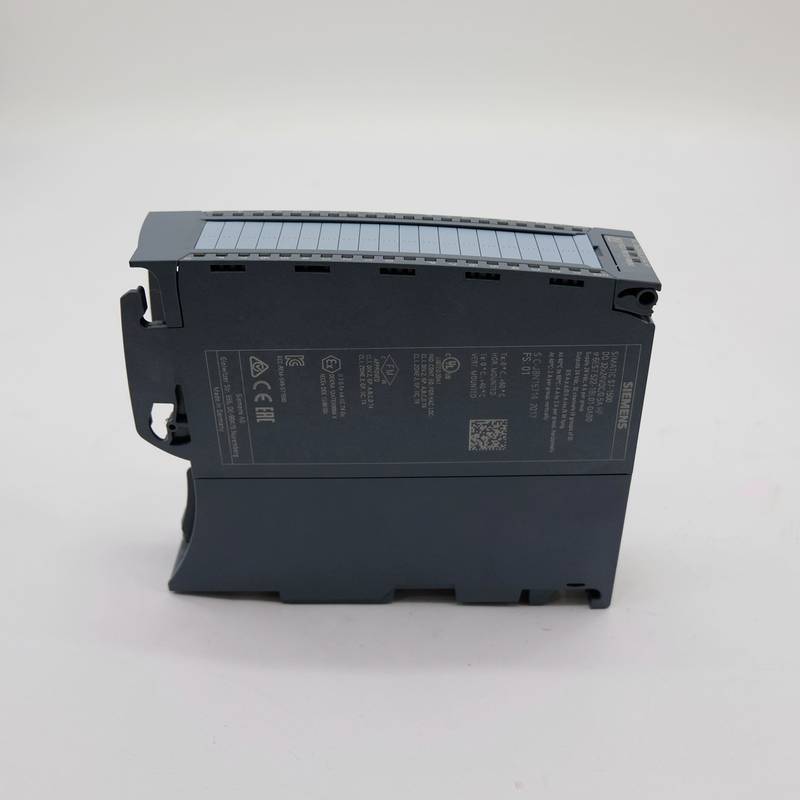
The Delta ECM-B3H-FA1318RS1 Low Inertia Servo Motor is engineered for precision motion control, offering a compelling blend of high performance and compact design for demanding industrial automation tasks. Its standout advantages include rapid acceleration capabilities, exceptional accuracy, and robust reliability, making it an ideal choice for applications requiring intricate and dynamic movements. Key technical specifications reveal a rated output power of 1.3 kW, a rated voltage of 110V, and an impressive rated speed of 3000 r/min. The motor boasts a low inertia rotor design, crucial for achieving quick response times and superior dynamic performance. It also features an integrated 20-bit incremental encoder, ensuring high-resolution feedback for precise positioning. The ECM-B3H-FA1318RS1 operates with a rated current of 7.5 A and a rated torque of 4.14 Nm, complemented by a peak torque capability that facilitates handling transient load demands.
Product Specifications
| Parameter | Value |
| :------------------ | :---------------------------------- |
| Model | ECM-B3H-FA1318RS1 |
| Rated Output Power | 1.3 kW |
| Rated Voltage | 110V |
| Rated Speed | 3000 r/min |
| Rated Current | 7.5 A |
| Rated Torque | 4.14 Nm |
| Peak Torque | 12.42 Nm |
| Inertia | Low Inertia |
| Encoder Resolution | 20-bit Incremental |
| Insulation Class | F |
| Protection Rating | IP65 |
| Ambient Temperature | 0°C to 40°C |
Core Features & Market Positioning
The Delta ECM-B3H-FA1318RS1 distinguishes itself through its low inertia rotor, a critical design element that significantly reduces rotational inertia. This feature enables faster acceleration and deceleration cycles, directly translating to increased throughput and improved process efficiency in high-speed applications. The motor's inherent accuracy, supported by its 20-bit incremental encoder, provides sub-micron positioning capabilities, making it suitable for industries where precision is paramount, such as electronics manufacturing and medical device assembly. Its robust construction, highlighted by an IP65 protection rating, ensures reliable operation even in harsh industrial environments prone to dust and water ingress. In the competitive servo motor market, the ECM-B3H-FA1318RS1 positions itself as a high-value solution, balancing advanced performance characteristics with cost-effectiveness for small to medium-sized enterprises seeking to upgrade their automation capabilities without compromising on precision or durability.
Key Application Scenarios
This low inertia servo motor excels in a variety of demanding automation applications. Its rapid response characteristics make it ideal for pick-and-place machinery, automated assembly lines, and robotic end-effectors where quick, precise movements are essential for high-volume production. In the packaging industry, the ECM-B3H-FA1318RS1 is employed in high-speed labeling machines and automated carton erectors, optimizing cycle times and reducing product handling errors. Furthermore, its high accuracy and smooth operation are leveraged in CNC machinery for precision machining, laser cutting, and 3D printing, where intricate tool paths and consistent performance are critical for finished product quality. The motor's ability to maintain stable operation under dynamic load conditions also makes it suitable for tension control systems in textile manufacturing and web handling applications.
Practical System Integration Guidance
Integrating the Delta ECM-B3H-FA1318RS1 into existing automation systems involves careful attention to wiring and controller configuration. The motor utilizes a standard encoder connector and power leads; users must ensure proper mating with the compatible Delta servo drive (e.g., ASDA-B2 series) to guarantee signal integrity and power delivery. Correct wiring of the motor phases (U, V, W) and encoder feedback signals is paramount for proper operation and to prevent damage. During commissioning, it is crucial to perform motor auto-tuning via the servo drive. This process calibrates the drive's parameters to the specific characteristics of the ECM-B3H-FA1318RS1, optimizing its performance for the connected load and application requirements, including setting encoder resolution and motor pole count.
Operation and Risk Mitigation
Safe operation of the Delta ECM-B3H-FA1318RS1 mandates adherence to electrical safety standards and proper installation practices. Users must ensure the motor is properly grounded and protected by appropriate circuit breakers and fuses to prevent electrical hazards and equipment damage. Before applying power, double-check all connections, especially the motor phase wiring and safety interlocks. Overloading the motor beyond its rated torque or operating it outside the specified ambient temperature range can lead to overheating and premature failure; continuous monitoring of motor temperature and current draw via the servo drive is recommended. Common troubleshooting might involve checking for encoder signal loss, phase-to-phase shorts, or excessive vibration, often indicated by specific fault codes displayed on the servo drive. Familiarizing yourself with the servo drive's error code list is essential for rapid diagnosis and resolution of operational issues.
Scalability & Long-Term Value
The Delta ECM-B3H-FA1318RS1 offers significant scalability and long-term value within Delta's automation ecosystem. Its compatibility with Delta's comprehensive range of servo drives, including the ASDA-B2 and ASDA-A2 series, allows for seamless integration into existing Delta-based control architectures. This compatibility facilitates system expansion and upgrades, enabling manufacturers to enhance their automation capabilities incrementally without complete system overhauls. For businesses embracing Industry 4.0 principles, the motor, when paired with appropriate Delta drives and PLCs, can be readily integrated into IIoT platforms. This enables remote monitoring, predictive maintenance, and data-driven optimization of production processes, ensuring the Delta ECM-B3H-FA1318RS1 remains a valuable asset throughout the evolving landscape of industrial automation.
Frequently Asked Questions
What are the primary benefits of using a low inertia servo motor like the ECM-B3H-FA1318RS1?
Low inertia allows for faster acceleration and deceleration. This leads to quicker response times in motion control. Such performance is vital for high-speed automation.
It reduces settling time after movements. This improves accuracy and reduces vibration. Precision applications benefit greatly from this characteristic.
Overall, it increases throughput and efficiency. Machines can perform more cycles in less time. This directly impacts productivity and cost-effectiveness.
How does the 20-bit incremental encoder contribute to the ECM-B3H-FA1318RS1's performance?
A 20-bit encoder provides very high resolution feedback. It allows for extremely precise positioning control. This translates to accurate motion paths.
This high resolution is crucial for delicate operations. Examples include micro-assembly or precision machining. It ensures the motor can achieve sub-micron accuracy.
The detailed position data also aids in smooth motion profiling. It helps in reducing jerky movements and oscillations. This leads to improved surface finish and reduced wear.
What are the typical applications for the Delta ECM-B3H-FA1318RS1 servo motor in industrial automation?
This motor is well-suited for pick-and-place robots. Its speed and accuracy are ideal for fast material handling. Automated assembly lines also benefit significantly.
In packaging, it drives high-speed labeling machines. It's also used in automated carton erectors for rapid setup. Tension control in textile machinery is another key area.
Precision CNC machines and 3D printers utilize its accuracy. Laser cutting systems also leverage its dynamic response for intricate designs.














